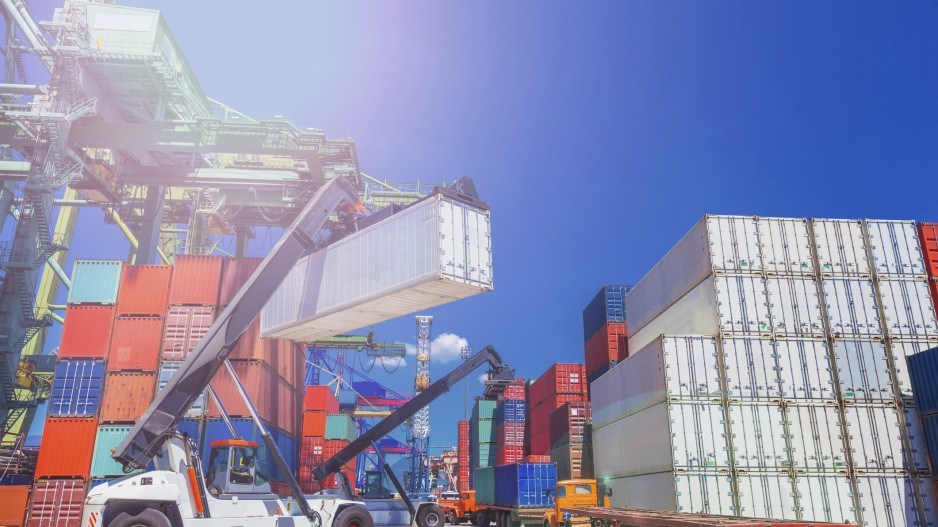The dark clouds of the COVID-19 pandemic’s effect on global supply chains may have a tiny silver lining for Canada, as countries are starting to shift out of China and into other markets.
That means for countries like Japan and, to a lesser extent, the United States, companies that previously invested heavily in Chinese suppliers may now be looking for new places to park their money - and Canada could attract some spin-off investments if it plays its cards correctly.
The most salient of the trend to move supply chains away from China comes from Tokyo, which on April 9 said it will spend more than US$2 billion from its stimulus package to help Japanese companies move production out of China.
The key detail there, said former U.S. foreign commercial service officer and current international affairs consultant Sean King, is that the package from the Japanese company isn’t only about moving supply chains back to Japan.
“Japan's stimulus package rewards not only Japanese companies that leave mainland China back home for Japan, but also rewards those Japanese companies that leave mainland China for third markets,” said King, senior vice president at New-York-based Park Strategies and an affiliated scholar with the Liu Institute at the University of Notre Dame.
“This actually puts Canada in a great spot, as it can offer itself up as an investment destination that the United States, Japan and other like-minded nations don't view with suspicion.”
Japanese auto manufacturers like Toyota and Honda already have multiple production facilities in Canada. While they are concentrated in Ontario, one facility - Canadian Auto Parts Toyota, Inc., maker of wheel rims and other parts - is located in Delta.
In addition, tech multinational Fujitsu in 2018 launched plans to initiate Fujitsu Intelligence Technology in Vancouver to drive its global artificial-intelligence business.
King said with the U.S. currently pursuing a more protectionist stance, it would make sense for Canada to reap the rewards for investment intended for North America.
“If companies won't come back to Ohio or New York, I'd at least rather see them in Vancouver than in Shenzhen,” he said.
The United States has previously tried to bring supply chains back from the Chinese market starting in 2017 - with limited success. But the COVID-19 outbreak has given other countries a renewed momentum in repatriating production line, as multiple reports have suggested.
Global management consultant Kearney said in its latest “Reshoring Index” report - tracking the trends of companies moving their supply chains worldwide - that American firms have already begun to retrench domestically in 2019 due to the ongoing trade war.
According to the index, 2019 saw a “dramatic reversal of a five-year trend” as domestic American manufacturing took a “significantly greater share” versus 14 low-cost countries in Asia. Inversely, manufacturing imports from China saw among the sharpest declines.
And while the full extent of COVID-19’s impact on the trend isn’t clear, Kearney said the disruption will likely be “of a new order of magnitude” and “historic” - and not in the Chinese market’s favour.
“We forecast that companies will be compelled to go much further in rethinking their sourcing strategies—indeed, their entire supply chains,” the report said. “Specifically, we expect companies will be increasingly inclined to spread their risks, as opposed to putting all their eggs in the lowest cost basket.
“Resilience is the key to operating profitably in the face of ongoing disruptions,” the report concluded.




